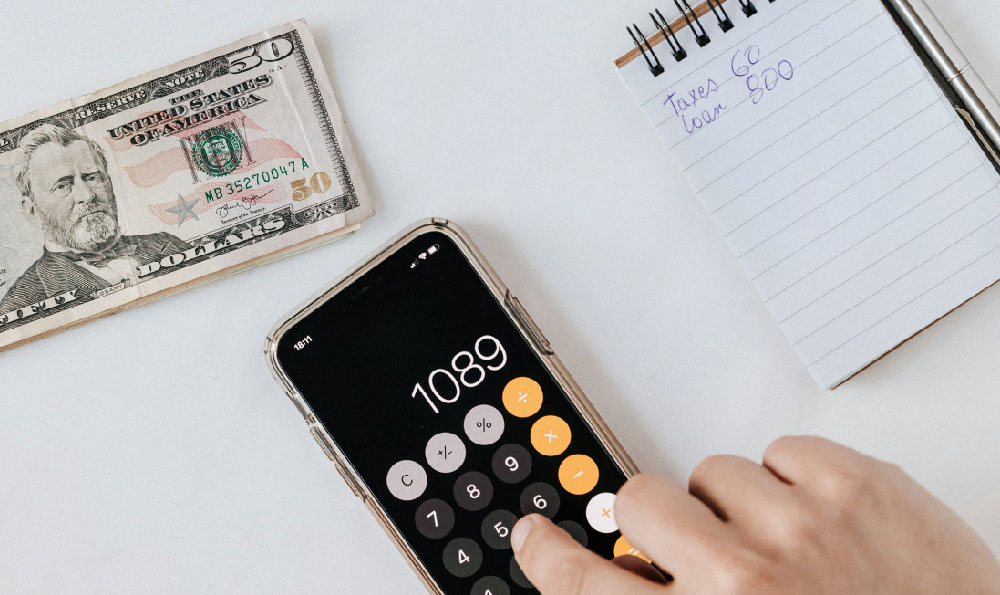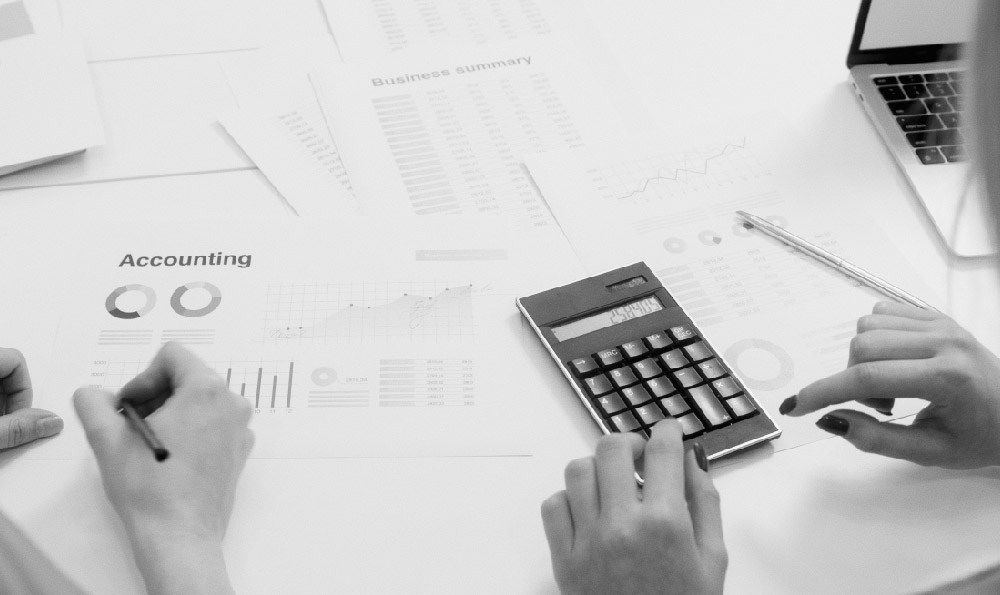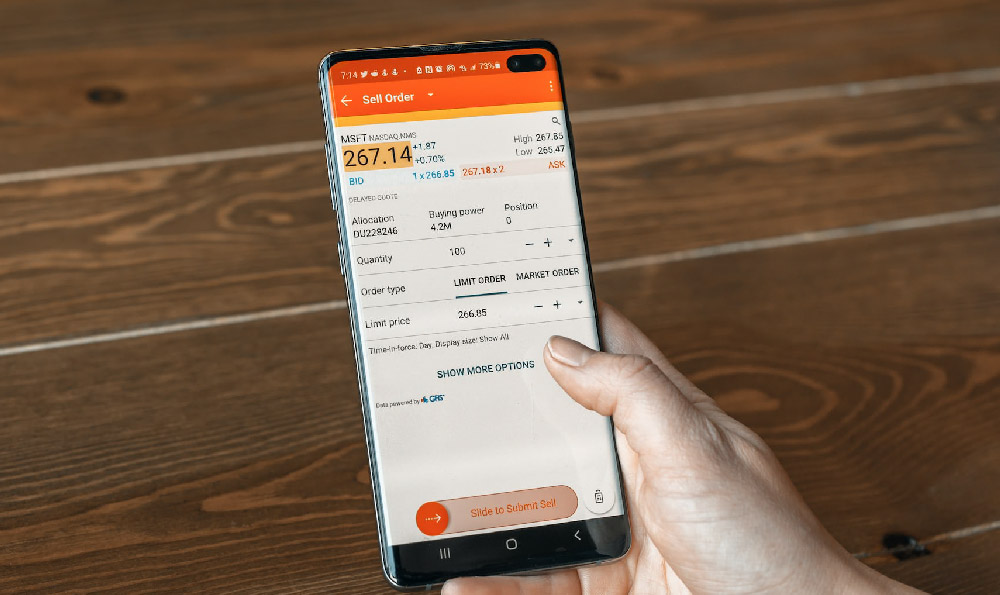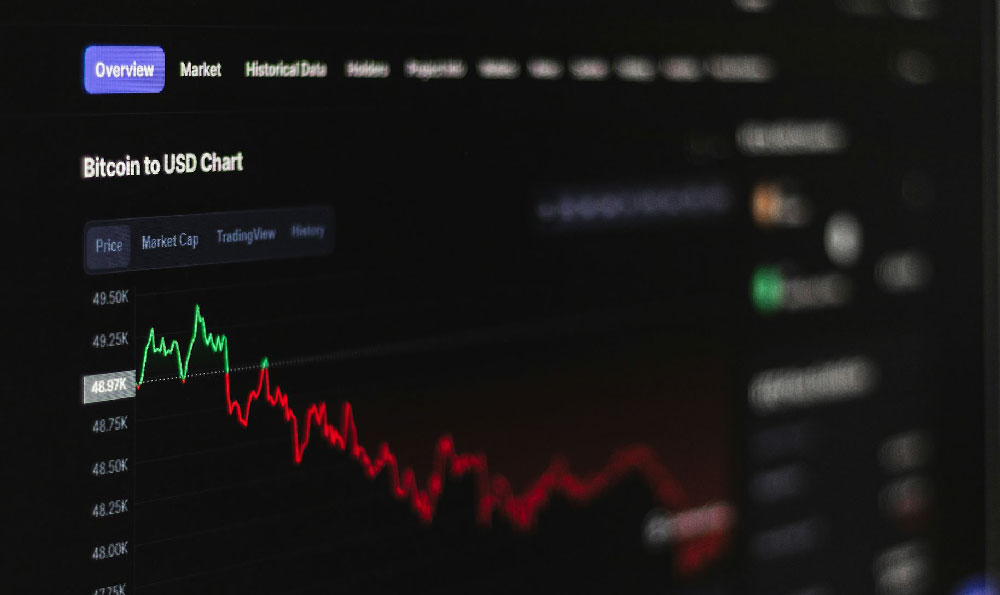Is buying a second house wise? Or is it a risky investment idea?

Investing in real estate is a cornerstone of wealth building for many. The allure of a second home, whether for vacation getaways, rental income, or future appreciation, is strong. However, the decision of whether buying a second house is wise, or simply a risky investment idea, requires a thorough and nuanced examination of your personal financial situation, market conditions, and investment goals. It's not a one-size-fits-all answer.
Analyzing the Potential Benefits: Why a Second Home Might Be a Good Idea
Several compelling reasons might make a second home a worthwhile investment.

- Rental Income Potential: A well-located second home can generate substantial rental income, especially during peak seasons. Platforms like Airbnb and VRBO have made it easier than ever to manage short-term rentals, potentially offsetting mortgage payments and other ownership costs. Thoroughly research local rental regulations and demand before making a decision, ensuring you understand any restrictions or licensing requirements.
- Personal Enjoyment and Lifestyle Enhancement: Beyond financial considerations, a second home can provide a significant improvement in your quality of life. It's a place to escape the stresses of everyday life, create lasting memories with family and friends, and pursue hobbies and passions. This intrinsic value is hard to quantify but can be a powerful motivator.
- Portfolio Diversification: Real estate can act as a diversifier within your investment portfolio. Its performance often isn't perfectly correlated with stocks and bonds, potentially reducing overall portfolio volatility. Allocating a portion of your assets to real estate can provide a buffer during economic downturns.
- Long-Term Appreciation: Historically, real estate has proven to be a solid long-term investment. While market fluctuations are inevitable, well-maintained properties in desirable locations tend to appreciate over time, providing capital gains upon sale. Consider locations that are experiencing population growth, infrastructure development, and strong job markets, as these factors typically drive property values.
- Tax Advantages: Real estate investments offer several tax advantages, including deductions for mortgage interest, property taxes, and depreciation (if used as a rental). Consult with a tax professional to understand how these deductions can impact your overall tax liability.
- Inflation Hedge: Real estate tends to hold its value during periods of inflation. As the cost of goods and services rises, so too does the price of housing. This makes real estate a relatively stable asset during inflationary periods.
Weighing the Risks: Why a Second Home Might Be a Bad Idea
Despite the potential benefits, buying a second home also carries significant risks that need careful consideration.
- Financial Strain and Affordability: Owning a second home adds substantial financial burden. In addition to mortgage payments, you'll have property taxes, insurance, maintenance costs, utilities, and potentially homeowner association fees. Carefully assess your budget to ensure you can comfortably afford these expenses, even during periods of low rental income or unexpected repairs.
- Market Volatility and Liquidity: Real estate markets are subject to fluctuations. Property values can decline, and it may take time to sell a property when you need to access the equity. This lack of liquidity can be a significant disadvantage if you require quick access to funds. Research the specific local market you're considering, paying attention to factors like inventory levels, days on market, and price trends.
- Property Management Responsibilities: Managing a second home, especially if it's a rental property, can be time-consuming and demanding. You'll need to handle tenant screening, maintenance requests, repairs, and marketing. If you're unable or unwilling to handle these tasks yourself, you'll need to hire a property manager, which will add to your expenses.
- Vacancy Risk: Rental income is never guaranteed. Vacancies can occur, especially during off-peak seasons, leaving you responsible for covering all ownership costs without any revenue. Develop a realistic occupancy rate projection and factor in potential vacancy periods when calculating your potential return on investment.
- Unexpected Repairs and Maintenance: Homes inevitably require repairs and maintenance. Unexpected issues like roof leaks, plumbing problems, or appliance failures can arise, leading to significant expenses. Set aside a dedicated fund for property maintenance to avoid financial strain when these issues occur.
- Opportunity Cost: The capital invested in a second home could potentially be used for other investments, such as stocks, bonds, or a business venture. Consider the potential returns you could earn from alternative investments and whether they outweigh the benefits of owning a second home.
- Emotional Attachment and Impulsive Decisions: Avoid making emotional decisions when purchasing a second home. It's crucial to approach the investment with a clear and rational mindset, focusing on financial factors rather than personal preferences. Overpaying for a property based on emotional attachment can significantly impact your investment return.
A Framework for Decision Making
Before taking the plunge, ask yourself these critical questions:
- What are my financial goals? Are you seeking rental income, long-term appreciation, or simply a vacation getaway?
- Can I comfortably afford the down payment, mortgage payments, and ongoing expenses?
- What is the rental market like in the area I'm considering? What are the average occupancy rates and rental rates?
- Am I willing to manage the property myself, or will I need to hire a property manager?
- What are the potential tax implications of owning a second home?
- What is my risk tolerance? Am I comfortable with the potential for market fluctuations and vacancies?
- What other investment opportunities am I forgoing by investing in a second home?
In Conclusion: A Balanced Perspective
Buying a second home can be a wise investment, but only if approached with careful planning, realistic expectations, and a thorough understanding of the risks involved. It's not a get-rich-quick scheme. Treat it as a long-term investment and conduct due diligence. Consult with financial advisors, real estate agents, and tax professionals to get personalized advice based on your unique circumstances. Consider the potential benefits and risks, and make an informed decision that aligns with your financial goals and risk tolerance. If done right, a second home can be a rewarding investment, providing both financial returns and personal enjoyment. However, if approached irresponsibly, it can become a significant financial burden. Diligence is key.















